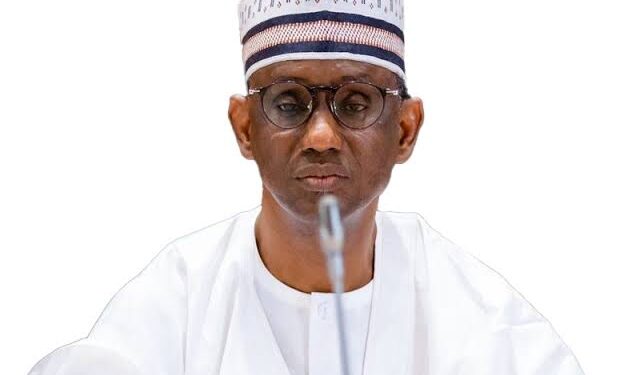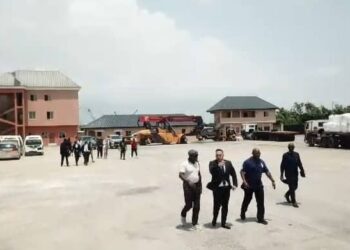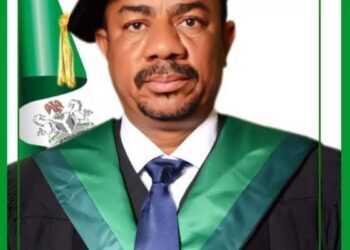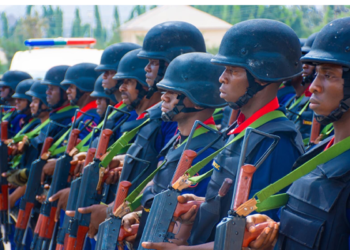Nigeria’s National Security Adviser, Mallam Nuhu Ribadu, has strongly criticized the Canadian government for denying visas to the country’s Chief of Defence Staff, General Christopher Musa, and other senior military officials.
Speaking at the maiden annual lecture of the National Association of the Institute for Security Studies in Abuja, Ribadu described the action as “disrespectful” and said Nigeria must work harder to improve its global standing.
“Thank you for the courage to say Canada denied you visas. They can go to hell,” Ribadu declared, adding that while the decision was painful, it should serve as motivation for Nigerians to strengthen their nation.
General Musa, who was scheduled to travel to Canada for an event honoring war veterans, said he was among those denied entry.
“Every disappointment is a blessing. Yesterday, I was supposed to be in Canada for an event to honor our veterans—those injured in battle. We were invited with our team, but while half have gone, the rest of us were denied visas,” he said.
On a lighter note, the Director-General of the Department of State Services (DSS), Oluwatosin Ajayi, joked about the visa denial, implying that it was a covert operation to ensure General Musa’s presence at the Abuja event.
“But as much as I like General Musa, he underrated me,” Ajayi said. “When we invited you for this program to be the chairman, you decided to go and apply for a Canadian visa. So, we covertly made sure you were denied. We wanted you to be here, so you couldn’t have been in Vancouver.”
In his address, General Musa emphasized the importance of security collaboration in tackling modern threats, including terrorism, cybercrime, and climate-induced conflicts.
“The need for innovative thinking, collaboration, and proactive strategies has never been more urgent,” he said. “As security professionals, we must continually adapt, leveraging technology, intelligence, and partnerships to stay ahead of adversaries.”
He called for a “whole of government” and “whole of society” approach to addressing insecurity, urging key stakeholders to use such platforms for meaningful collaboration.
“The security of our nation is a collective responsibility, and each of us has a role to play,” he concluded.











